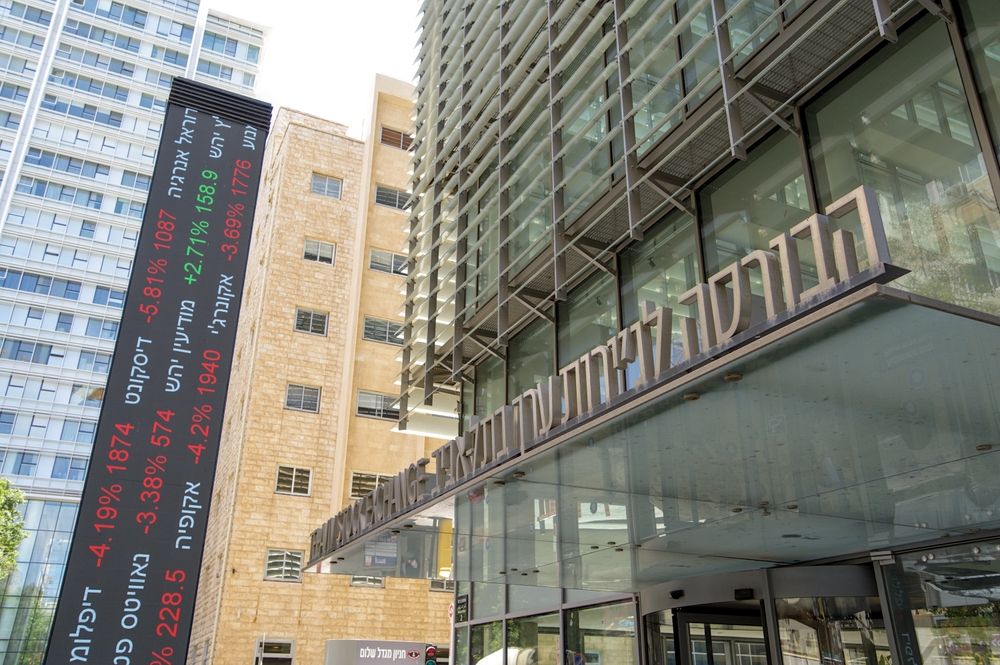Research finding there was a significant increase in short selling of BlackRock’s Israel ETF ahead of the Hamas attack on 7 October is “flawed”, according to the Tel Aviv Stock Exchange (TASE).
The paper, Trading on Terror?, published by Robert Jackson Jr from New York University and Joshua Mitts from Columbia University on 4 December, found there was a “significant spike” in short-selling in the iShares MSCI Israel ETF (EIS) on 2 October, just days before the Hamas attack on Israel.
“We document a significant spike in short selling in the principal Israeli-company ETF days before the October 7 Hamas attack,” the authors wrote. “The short selling that day far exceeded the short selling that occurred during numerous other periods of crisis.”
The report said short selling “far exceeded” the levels seen before other periods of crisis, including the 2008 financial crisis, the 2014 Israel-Gaza war and the COVID-19 pandemic.
While the researchers pointed out that the additional trading of EIS was “abnormal”, it was not large in absolute terms due to the limited trading volume and liquidity of the ETF.
The report also pointed to the example of Bank Leumi, the country’s largest bank, which saw 4.43 million new shares sold short over the period 14 September to 5 October, generating profits of £680m.
However, TASE said the authors' findings were inflated 100x after it calculated the share price in shekels, instead of agorot, meaning the potential profit was just £6.8m.
Yaniv Pagot, head of trading at TASE, said: “What the researchers did in the research, they assumed out of unfamiliarity with the local market, that the prices of the stocks in Israel are determined in shekels and not in agorot. From here came quite a few mistakes.
“This is a flawed analysis from the outset and there is a lack of understanding of how the local market operates. It is unfortunate that the researchers did not check with Israeli stock exchange members, they could have asked how these things work in the country.”
Mitts told Reuters the report had been corrected but said the issue did not impact the “highly unusual” short trading activity on the ETF.
The research said it had identified similar patterns in trading in the BlackRock Israel ETF in April of his year when it was reported Hamas was planning to execute similar attacks in October.
“Our findings suggest that traders informed about the coming attacks profited from these tragic events, and consistent with prior literature we show that trading of this kind occurs in gaps in US and international enforcement of legal prohibitions on informed trading,” the authors wrote.



